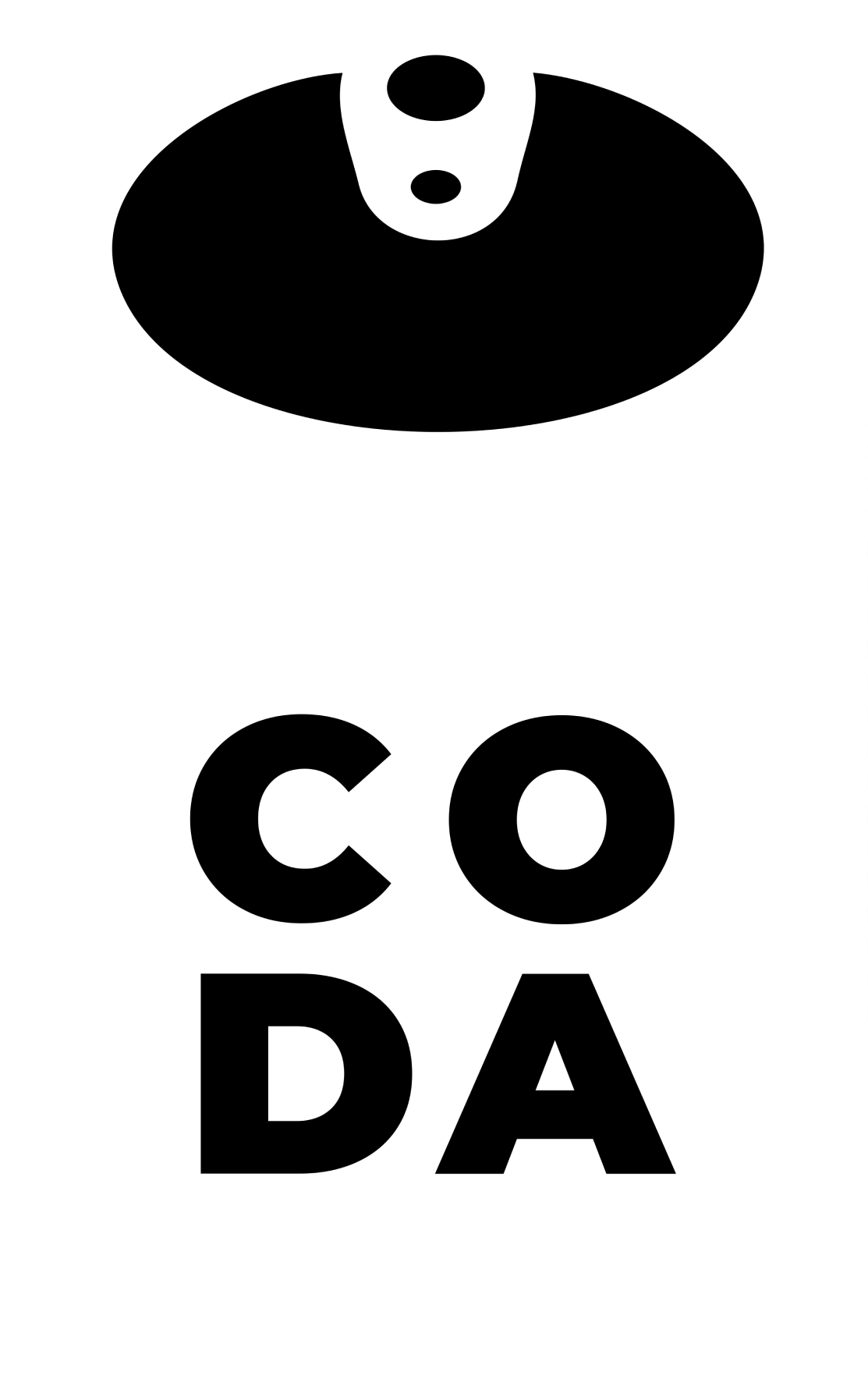HOW OUTSOURCE ENABLES LTV
The core trend we've seen across the events, personal opinion, and the gurus of GameDev in 2023 is that 2024 is going to be all about fighting for every point at growing the LTV coefficient - the Life Time Value of the gamer experiencing your title.
Client acquisition on the market is getting tougher, while the number of unique competitors is inevitably growing. Whether those are good-old enterprises with major marketing budgets, or unique indie developers with powerful social media support - all are fighting for the same player.
That is where the LTV term comes in, showing how much engagement a game developer can acquire from one player. Meaning, the more interactions a gamer completes within the game - whether it's purchasing a prop, upgrading equipment, following the sequels etc, the better :)
As an External Development team, we work in two fronts: supporting the existing titles and helping the new ones to be born. After a very exciting brainstorm, talking with Concept artists, Animators, Art director, and managers, we've formulated all the key points how Game Development studios can rely on outsource.
Improved Game Quality and Visual Appeal:
Faster Development and Content Delivery:
Enhanced Player Engagement and Retention:
Cost-effectiveness:
Access to Global Talent Pool:
Do you think we've missed a point or two? Happy to hear your take, and of course, learn based on your experience working with outsource development over the years.
Client acquisition on the market is getting tougher, while the number of unique competitors is inevitably growing. Whether those are good-old enterprises with major marketing budgets, or unique indie developers with powerful social media support - all are fighting for the same player.
That is where the LTV term comes in, showing how much engagement a game developer can acquire from one player. Meaning, the more interactions a gamer completes within the game - whether it's purchasing a prop, upgrading equipment, following the sequels etc, the better :)
As an External Development team, we work in two fronts: supporting the existing titles and helping the new ones to be born. After a very exciting brainstorm, talking with Concept artists, Animators, Art director, and managers, we've formulated all the key points how Game Development studios can rely on outsource.
Improved Game Quality and Visual Appeal:
- High-Quality Art Assets: Skilled artists create visually stunning characters, environments, and objects that enhance the overall game experience, making it more immersive and engaging for players.
- Increased Artistic Consistency: Outsourced studios provide a dedicated team of artists with a consistent style, ensuring the game's visuals are cohesive and polished.
- Freed Up Internal Resources: Offloading art development frees up valuable time and resources for the game development studio to focus on other core aspects like gameplay and mechanics.
Faster Development and Content Delivery:
- Scalability: Outsourced studios quickly scale their team up or down based on project needs, allowing for faster development and content creation.
- Expertise in Specific Art Styles: Access to specialized artists with expertise in specific art styles allows for the creation of unique and high-quality assets that cater to the target audience.
- Reduced Development Risks: Outsourcing art development reduces the risk of delays and budget overruns associated with hiring and managing an in-house team.
Enhanced Player Engagement and Retention:
- Creative and Engaging Art: Unique and captivating visuals draw players in and keep them engaged, increasing their overall enjoyment and investment in the game.
- More Frequent Content Updates: Outsourced studios help maintain a steady flow of new content with fresh visuals, preventing players from becoming bored and disengaged.
- Improved Brand Perception: High-quality art contribute to a positive brand image for the game, attracting new players and encouraging older players to return.
Cost-effectiveness:
- Reduced Costs: Outsourcing be significantly cheaper than hiring and managing an in-house art team, especially for smaller studios.
- Flexible Cost Structure: Studios pay only for the work completed, allowing for flexible budgeting and cost control.
- Reduced Overhead Costs: Outsourcing eliminates the need for additional office space, equipment, and software licenses, further reducing costs.
Access to Global Talent Pool:
- Specialized Expertise: Studios tap into a global pool of artists with expertise in specific areas, such as animation, 3D modeling, and concept art.
- Diverse Perspectives: Diverse artistic styles and perspectives lead to innovative and creative solutions, enhancing the game's overall appeal.
- Round-the-clock Development: Studios leverage time zone differences to maintain continuous development and content creation.
Do you think we've missed a point or two? Happy to hear your take, and of course, learn based on your experience working with outsource development over the years.
GET A QUOTE
WITHIN 1 BUSINESS DAY
WITHIN 1 BUSINESS DAY
LinkedIn
Have a concept in mind?
Twitter
Discord
Instagram
ArtStation
follow us on
social media
social media

Email us at
contacts@codastudio.dev
or fill up the form below:
contacts@codastudio.dev
or fill up the form below:


